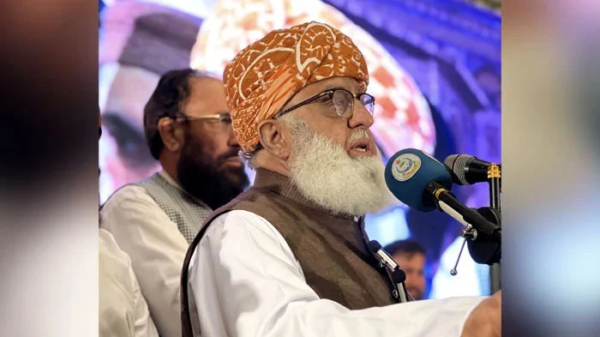Depression, a widespread mood disorder impacting millions globally, is marked by enduring emotions of sadness, hopelessness, and diminished interest in previously enjoyable activities. Its origins are diverse, stemming from genetic predispositions, life events, and neurochemical imbalances.
Certainly, Depression is a mental illness characterized by persistent feelings of sadness, hopelessness, and a lack of interest or pleasure in daily activities. It affects the way individuals think, feel, and handle their day-to-day lives. This mental health condition can range from mild to severe, impacting various aspects of a person’s well-being. It is a complex condition influenced by biological, psychological, and social factors. Seeking professional help is crucial for diagnosis and the development of an effective treatment plan, which may include therapy, medication, and support from healthcare providers and loved ones.
Depression is common in people of all ages, races, and genders. However, some people are more at risk than others. Risk factors for depression include a family history of depression, a history of abuse or trauma, chronic illness, and substance abuse.
Depression can lead to suicide, but not everyone who is depressed will have suicidal thoughts or attempt suicide. According to the U.S. Department of Health and Human Services, 2 % of people ever treated for depression in an outpatient setting take their own life. Among those ever hospitalized for treatment of depression, the rate of death by suicide is twice as high (4 percent). Among those hospitalized for depression because of suicidal ideation or suicide attempt, 6 percent eventually take their own life.
Most suicides are linked to some form of psychiatric illness, particularly depression, and the more severe the depression, the greater the risk. However, most people with major depression do not die by their own hand. Studies show that about 5 percent of depressed people may have thoughts about suicide—suicidal ideation. Only a small percentage of them actively make plans to end their lives.
According to the World Health Organization (WHO), the suicide rate in Pakistan is estimated to be 8.9 deaths per 100,000 people. In September 2022, Karwan-e-Hayat, a mental health institution, organized a seminar in Karachi to create awareness about the alarming issue of suicide in Pakistan. The seminar revealed that the suicide rate in Pakistan has alarmingly crossed eight percent and that one out of 200 people attempting suicide dies.
Depression is also a growing concern in Pakistan. Approximately 3.4% of total deaths are caused by depression, and the COVID-19 pandemic has led to a surge in depression among the youth in Pakistan.
Depression manifests in various forms, each with distinct symptoms. Major Depressive Disorder (MDD) involves persistent sadness and loss of interest, while Persistent Depressive Disorder (Dysthymia) is a chronic, long-term depression. Bipolar Disorder entails cycles of depression and mania, Seasonal Affective Disorder occurs seasonally, and Psychotic Depression includes psychosis symptoms.
Postpartum Depression follows childbirth, and Premenstrual Dysphoric Disorder is severe PMS. Atypical Depression deviates from typical patterns. Individuals may experience a combination of these types.
Managing depression involves lifestyle adjustments, psychotherapy, and, if necessary, medication. Strategies include educating oneself and loved ones, talking openly, journaling, consulting a doctor, trying psychotherapy, practicing mindfulness, connecting body and mind through exercise, yoga, and using relaxation techniques. Recognizing diverse forms of depression is crucial for accurate diagnosis and tailored treatment, emphasizing education, open communication, and supportive environments for recovery.










